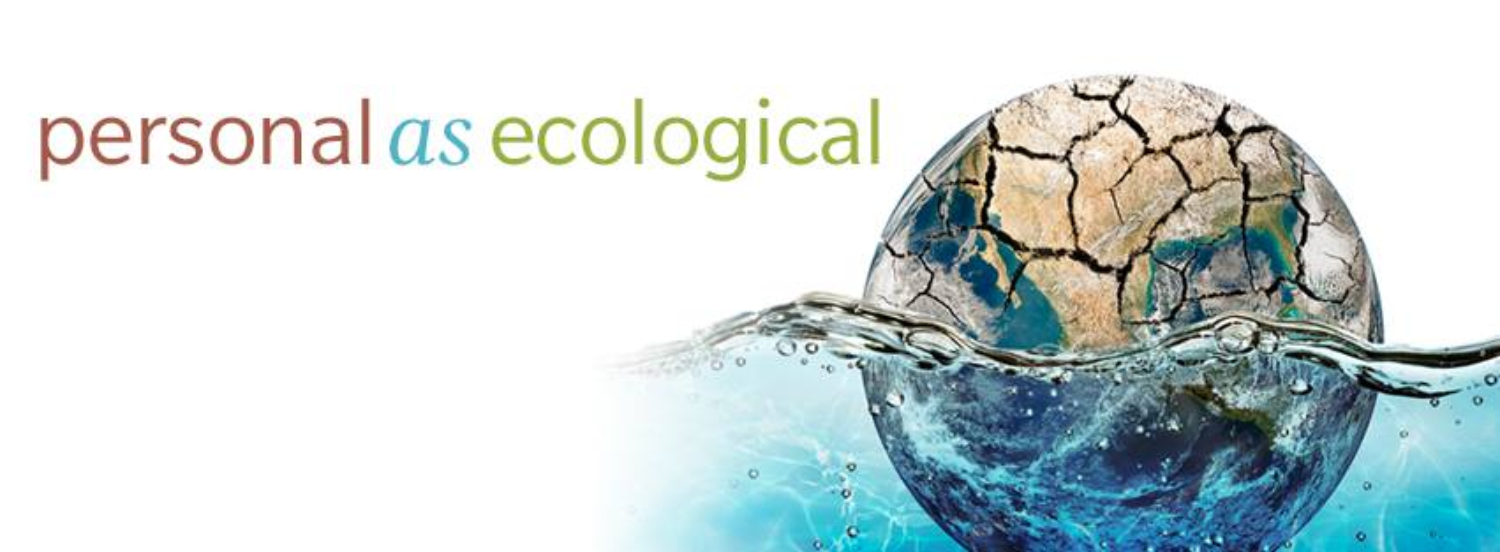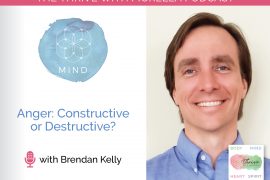Almost all of what we hear about climate change comes from our usual western perspective. There are important discussions about the need to reduce greenhouse gas emissions, increase carbon sequestration, eat local food, and question continuous economic growth. While these concerns are of real and urgent importance, they focus on the symptoms of the climate crisis rather than the deeper, root causes. If we were to look at climate change from a different vantage point, we could see that what is happening in the environment around us is also happening within us.
For several thousand years, Chinese medicine has understood the world holistically. Part of this holism is the holographic understanding that the small picture and the big picture are the same picture—the only difference is one of scale. Using the lens of Chinese medicine, we can understand that the severity of climate change speaks to deeper and more wide-reaching issues.
Voluminous amounts of climate data from the past several decades indicate clearly that, as a whole, the planet is warming rapidly. What has emerged more recently is that the ability of the planet to cool itself has also become compromised. With the loss of forests, melting glaciers, and acidification of the oceans, the planet is less able to absorb the greenhouse gases we’re emitting. Looking at this dynamic from the view of Chinese medicine, a clear diagnosis of what’s happening emerges.
For Chinese medicine, this excess warmth is associated with too much Yang energy. As it’s synonymous with fire, too much Yang creates too much heat. Within us, heat correlates to physical inflammation as well as mental and emotional overstimulation. For the planet, it’s expressed as the rapid rise in temperature.
The other part of the diagnosis is the planet’s inability to absorb greenhouse gases. This is a loss of coolant, which Chinese medicine calls Yin deficiency. Yin is the ability to keep things cool and stable within us and within the climate. The decrease in the cooling effects of glaciers, forests, and oceans indicates that the planet’s Yin has been compromised. Together, this increase in temperature and decrease in coolant shows us that the planet’s diagnosis is Yin-deficient heat.
Where is this increasing heat and decreasing coolant coming from? It’s from us, here in the United States. Of any large country, the United States emits the highest levels of greenhouse gasses per person. And all the warming and loss of coolant that comes with these emissions is mirroring our over-stimulated internal condition and institutions.
To start to look at our internal environment, ask yourself a few open-ended questions.
Is it better to have more or less?
Is new better than old?
Is expansion better than contraction?
The fact that so many of us, if we were being honest, value more over less, new over old, and expansion over contraction indicates our overemphasis on Yang and our undervaluing of Yin. In addition to relating to heat, Yang is about expansion—having more, new things. Yin relates to contraction—having fewer and older things. Not only do many of us in the United States overvalue Yang to the detriment of our Yin, we’ve based our social institutions on this same over-stimulating bias.
For example, our economy is considered healthy when it’s growing, theoretically forever. The hope for continuous economic growth comes partially from feeding the desire for new things, which are soon after replaced with more new things.
As has been much discussed, the quest for a continuously growing economy has severe ecological consequences. Manufacturing and shipping products—many of which we don’t really need—creates greenhouse gases, which warm the planet. Coupled with this warming of the climate comes the warming of our internal ecology, caused by our often unquestioned belief in expansion.
One essential remedy to address the underlying, root causes of climate change is to understand the state of our inner environment. To help balance the rapid warming of our planet, it’s crucial that we recognize our infatuation with Yang, and revalue Yin, or having less. This is an important remedy not only for the health of the planet but for our well being as well.






Comments are closed.